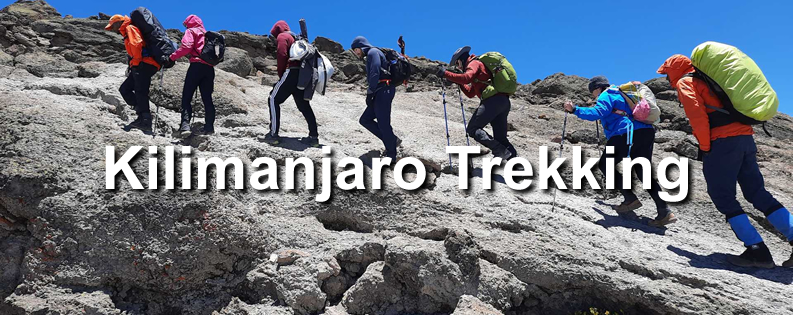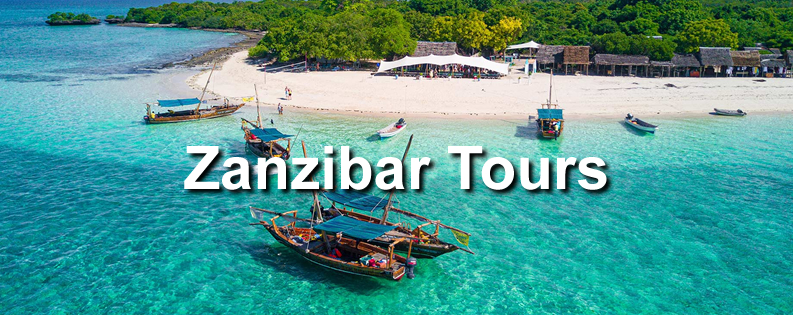Exploring the History of the Slave Trade in Zanzibar
Introduction: The Heartbeat of History
Zanzibar, an archipelago off the eastern coast of Africa, is often celebrated for its stunning beaches, rich culture, and vibrant spice trade. However, beneath its picturesque surface lies a poignant chapter in human history: the transatlantic slave trade. Understanding the history of the slave trade in Zanzibar is crucial for acknowledging the deep-seated impacts it has had on the island and the broader world. This journey through time is not only educational but also a reminder of resilience, survival, and the importance of remembering our past.
In this blog post, we will explore the intricate history of the slave trade in Zanzibar, shedding light on its significance and the lasting influence it has had on the island’s culture and identity.
The Origins of the Slave Trade in Zanzibar
The Role of Zanzibar in the Indian Ocean Trade
Zanzibar’s strategic location made it a central hub for trade in the Indian Ocean. From the 16th century onwards, the island became a focal point for traders from various regions, including the Middle East, India, and East Africa. The demand for labor in plantations and domestic settings led to the rise of the slave trade, as merchants sought to fulfill the growing economic needs of the region.
The Influence of Arab Traders
Arab traders played a significant role in the development of the slave trade in Zanzibar. They established trade routes that connected the East African coast with the Arabian Peninsula and beyond. Many enslaved individuals were captured from the mainland and brought to the islands, where they were sold in bustling markets. This created a complex social fabric in Zanzibar, blending African, Arab, and later European influences.
The Impact of the Slave Trade on Zanzibar
Social and Cultural Transformations
The slave trade had profound effects on Zanzibari society. Enslaved people brought with them their languages, traditions, and beliefs, which have become integral parts of the island’s cultural mosaic. The blending of African, Arab, and Persian influences has resulted in a unique cultural identity that is celebrated today through music, dance, and cuisine.
Economic Drivers and Consequences
The demand for enslaved labor fueled economic growth in Zanzibar, particularly in the clove plantations that became famous in the 19th century. However, this prosperity came at a steep human cost, with countless lives affected by the brutality of slavery. The legacy of this trade continues to shape the socio-economic landscape of Zanzibar.
The Abolition Movement
Changing Attitudes and International Pressure
As global attitudes toward slavery began to shift in the 19th century, pressure mounted for its abolition. Zanzibar, under Sultan Sayyid Said, was a significant player in the slave trade until the British Empire intervened. In 1873, after years of advocacy and negotiation, the British succeeded in persuading the Sultan to abolish the slave trade, marking a critical turning point in Zanzibari history.
The Lasting Legacy
Though the formal abolition of the slave trade brought an end to the legal practice, the ramifications of this dark chapter are still felt today. The echoes of history remind us of the importance of compassion and empathy in our global community.
Conclusion: Remembering and Moving Forward
Exploring the history of the slave trade in Zanzibar is not just an academic exercise; it’s a journey toward understanding resilience, identity, and the shared human experience. As we reflect on this complex past, we are inspired to celebrate the rich cultures that emerged from it and to promote awareness of the ongoing issues that stem from historical injustices.
As you plan your travels to Zanzibar, consider immersing yourself in this rich history through guided tours and cultural experiences. Authentic Vacations Adventures, a premier tour operator based in Arusha, Tanzania, offers unique opportunities to explore Zanzibar’s historical sites, including the Old Fort, the Spice Markets, and the poignant Slave Museum. Engaging with knowledgeable guides will enhance your understanding of Zanzibar’s history while supporting local communities.
Call to Action
Ready to dive deeper into the vibrant history and culture of Zanzibar? Book your Tours and Safaris with Authentic Vacations Adventures today! Let us help you create unforgettable memories while honoring the past that shapes this beautiful island. Join us in exploring Zanzibar — where history meets adventure!









